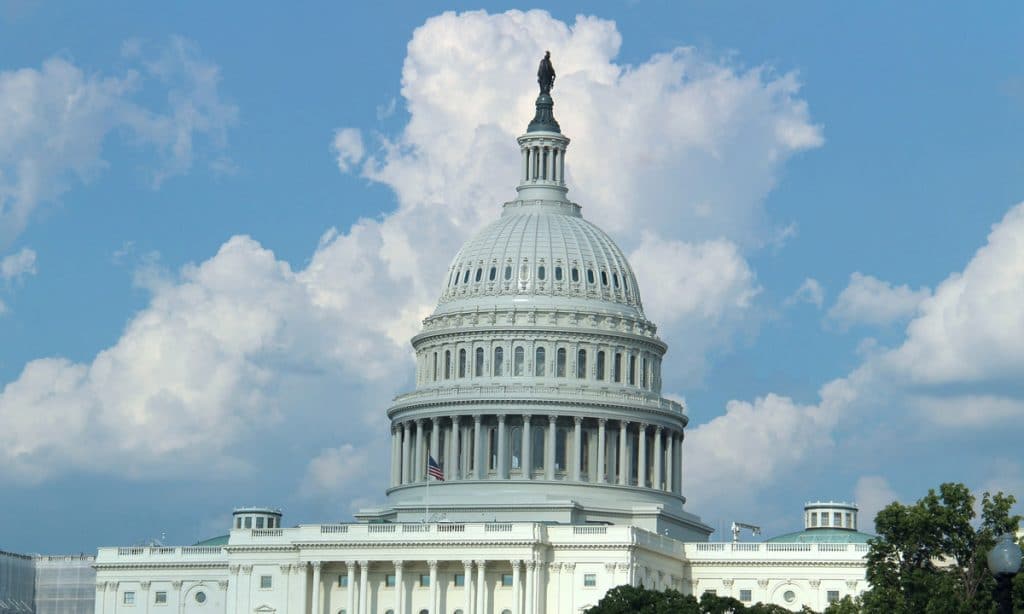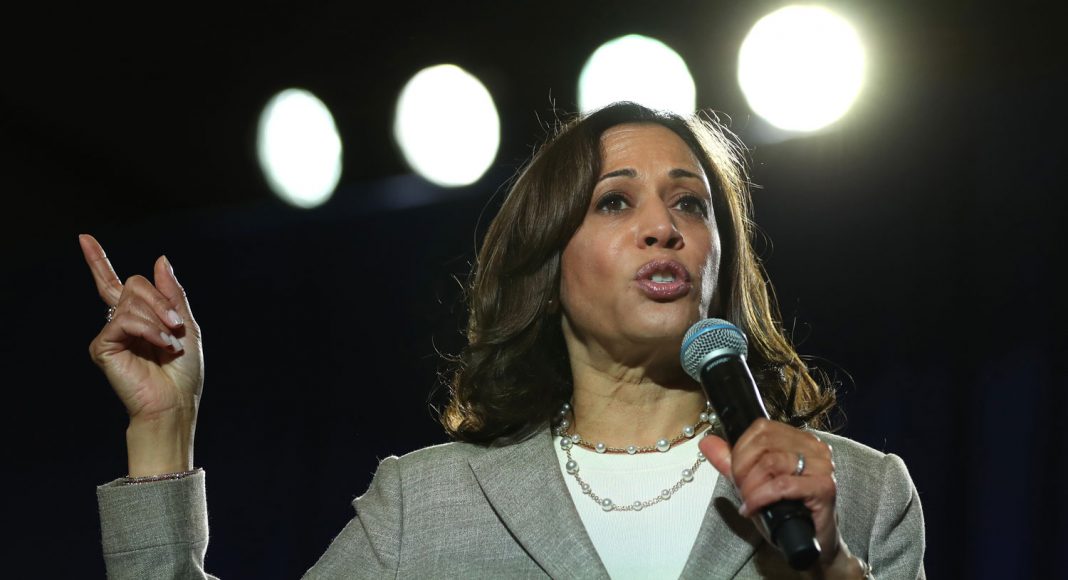In 2010, Sen. Kamala Harris (D-CA) served as San Francisco’s district attorney and was campaigning to become California’s attorney general, a position she’d go on to win. At the time, Harris was clear in her opposition to cannabis legalization, even laughing at the possibility to a reporter. Over time, Harris’s stance has evolved and when running for U.S Senate in 2015, she admitted to having no “moral objection” to recreational use of marijuana.
Now, Harris is teaming up with House Judiciary Chairman Rep. Jerry Nadler (D-NY) to introduce sweeping legislation that would decriminalize cannabis at the federal level. Though other Democratic presidential candidates like Sens. Elizabeth Warren, Bernie Sanders, and Cory Booker have proposed similar bills, Harris’ legislation adds a provision that would create grant programs designed at assisting those disproportionately affected by marijuana possession convictions.

The bill, named the Marijuana Opportunity Reinvestment and Expungement, would also allow Congress access to 50% of all annual tax revenue generated by the cannabis industry. This tax revenue would be used to create an Opportunity Trust Fund, which would fund the aforementioned programs aimed at rehabilitating the damages caused by the War on Drugs.
RELATED: Does Legalizing Marijuana Help Or Harm Americans? Weighing The Statistical Evidence
“Times have changed—marijuana should not be a crime,” Harris said in a statement. “We need to start regulating marijuana, and expunge marijuana convictions from the records of millions of Americans so they can get on with their lives.”
Marijuana, like alcohol and tobacco, does not belong as a federally scheduled substance under the Controlled Substances Act. Descheduling cannabis would permit states to establish their own marijuana regulations absent undue federal interference. #WeDeserveMORE pic.twitter.com/yytKFMAH5f
— Drug Policy Alliance (@DrugPolicyOrg) July 23, 2019
University of Denver law professor and marijuana policy expert Sam Kamin told Vox Harris’ plan represented one of the most progressive options offered by a 2020 candidate. In addition, the legislation already has support of advocacy players like ACLU, the Drug Policy Alliance, and NORML. Approval from those organizations seemed unfathomable for Harris years back, but her evolution on cannabis policy has also changed the rest of the cannabis community views her candidacy.
“As marijuana becomes legal across the country, we must make sure everyone—especially communities of color that have been disproportionately impacted by the War on Drugs—has a real opportunity to participate in this growing industry,” Harris added.


